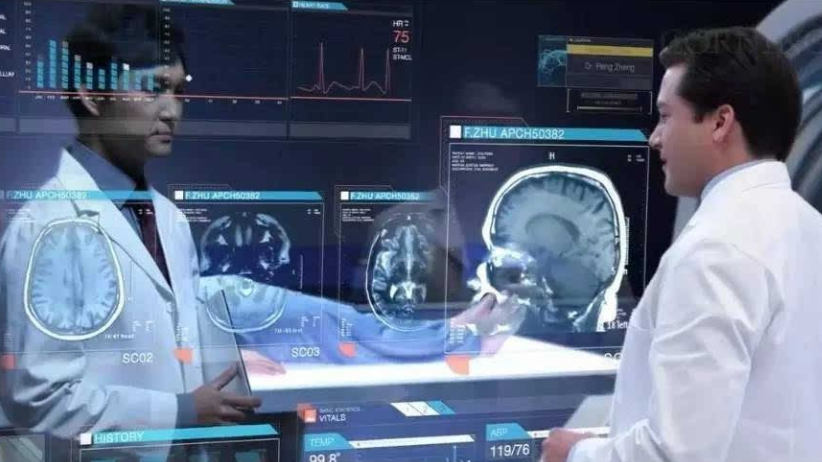A new artificial intelligence tool developed by the research team of the University of Toronto can significantly shorten the time required to develop radiotherapy plans for cancer patients.
Researchers use artificial intelligence to develop personalized cancer radiotherapy treatment plans, the entire cycle is only 20 minutes
According to the paper published in the journal, this research uses artificial intelligence to mine historical radiotherapy data and design algorithms to formulate recommended treatment strategies. In order to verify the relevant treatment plans generated by artificial intelligence, the researchers observed 217 patients with head/neck cancers, and they all received radiotherapy plans developed by conventional methods. Facts have proved that the plan proposed by artificial intelligence is basically the same as the conventional plan.

Aaron Babier, a main research member from the Department of Engineering at the University of Toronto, said, "There are many other artificial intelligence optimization engines, but we hope that they can be closer to the specific requirements of existing clinical best practices."
For now, it may take several days to customize a radiotherapy plan for each patient. This is because cancer usually continues to spread and grow, so doctors need to invest a lot of time in designing these complex treatment strategies.
As we all know, cancer in the head/neck position has always been a difficult point in the design of treatment plans, because tumor conditions often vary greatly in different patients. Researchers hope that this tool can bring good results in difficult and complex cancer categories. Based on this, the tool is expected to play a better role in cases where tumor mutations such as prostate cancer are relatively single.
Combining this issue, Babier emphasized that artificial intelligence should not be an alternative to medical and health professionals, but to help them save time by taking over various important basic tasks. Once the software has created a treatment plan, it still needs to be reviewed and further modified by radiation physics experts, which will take at least several hours.
Artificial intelligence is widely regarded as an important future development direction for cancer diagnosis, monitoring, and treatment, but some medical and health professionals have raised ethical concerns about the use of machine learning tools to make clinical decisions. Earlier this year, Stanford University researchers and doctors of medicine posed this question in an article in the journal: “Doctors must fully understand how algorithms are created and critically evaluate the data used to create predictions. Source, understand how the model works and prevent excessive reliance on it."
Nowadays, the development of new technologies in the medical field has become a universal trend-medical doctors need to combine these new diagnostic methods with their own professional knowledge to fully understand the extent to which these new technologies determine the fate of patients. Similar controversies currently underway include whether artificial intelligence should be used to biopsy cancer.
Despite these problems, the medical and health industry has begun to fully invest resources and energy in artificial intelligence, and major technology giants including Microsoft and IBM are also introducing artificial intelligence into various applications. Many companies seem to believe that artificial intelligence will become a viable solution that can effectively solve the lengthy and costly problem of drug discovery. According to the survey results provided by BenchSci, a Toronto-based biotechnology company, 28 pharmaceutical companies and 97 start-up companies are currently using artificial intelligence technology for drug research and development.
Babier explained that the goal of using artificial intelligence to assist radiotherapy design is to further liberate the energy of medical staff rather than bring disruptive changes.
Babier pointed out, "This tool is essentially a very simple plug-in, which helps to provide assistance in a clinical environment. The difference is that it has more intelligent parameters."
The University of Toronto team is not the only research organization dedicated to using artificial intelligence to optimize radiotherapy plans. Other interested parties include Google’s DeepMind Health, which is currently cooperating with London University Hospital to conduct related research.
Constant Voltage IP67 LED Driver
Constant Voltage 24V Aluminum Waterproof Driver,High Quality Constant Voltage 24V Aluminum Waterproof Driver,Constant Voltage 24V Aluminum Waterproof Driver Details, Shenzhen Fahold Electronic Limited
ShenZhen Fahold Electronic Limited , https://www.fahold.net